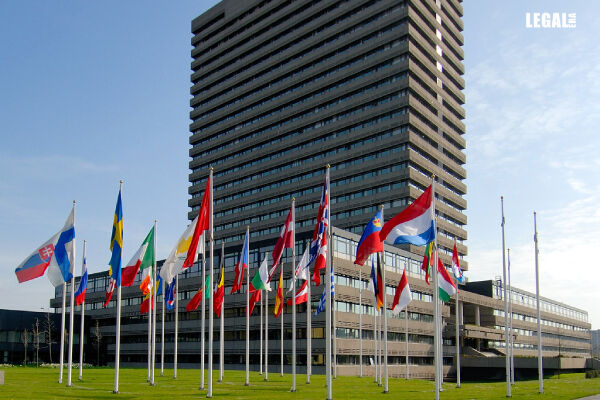
Rules for late parties to patent challenges tightened by EPO’s G 2/24
Interveners may join an existing appeal but cannot take over once the main participants have left the stage
The Enlarged Board of Appeal (EBA), the highest judicial authority of the European Patent Office (EPO), in September 2025 issued its decision in G 2/24. A procedural question was addressed by the EBA namely if an ongoing appeal is joined by a third party (an “intervener”), can that party keep the case alive in the event all original appellants withdraw?
The EBA replied in the negative which means that interveners can play only a supporting role in appeal proceedings. They may join an existing appeal but cannot take over once the main participants have left the stage.
Opposition and appeal proceedings involving European Patent number 2941163, owned by Foreo Limited, covering a skin-cleansing device gave rise to G 2/24. Beurer GmbH originally challenged the patent, filing a timely opposition under Article 99 EPC, claiming lack of novelty, lack of inventive step, and added subject-matter.
Following expiry of the opposition period of nine months, Foreo sent a warning letter to Geske GmbH & Co. KG, accusing the latter of potential patent infringement. Geske could no longer file its own opposition as the opposition window had closed. Geske instead tried to join the existing opposition proceedings via intervention under Article 105 EPC that allows an alleged infringer to participate if it has been sued for infringement or has brought a declaratory action for non-infringement.
But Geske’s intervention was rejected by the EPO Opposition Division which decided that a mere warning letter is inadequate. An intervener must show that formal infringement proceedings have started or that a declaratory judgement action has actually been filed under Article 105. Just the threat of litigation or even anticipation of a lawsuit is not enough.
Subsequently, Geske filed a declaratory-judgement action before the Düsseldorf Regional Court to determine its right to intervene under Article 105(1)(b) EPC. The Opposition Division issued its decision maintaining the patent in amended form by the time Foreo was served with the court papers. Geske no longer had any standing at that stage and was not a party entitled to appeal as the decision had already been handed down.
Original opponent Beurer thereafter appealed the Opposition Division’s decision under Article 107 EPC, creating a new set of proceedings before the EPO Boards of Appeal. Geske got a fresh chance to intervene – this time at the appeal stage. However, Beurer withdrew its appeal (for unknown reasons) before the appeal could be decided. Suddenly, Geske was the only remaining active participant. The question was whether Geske, as a third-party intervener, could keep the appeal alive and continue challenging Foreo’s patent on its own.
The EBA in decision G 2/24 confirmed and strengthened the position taken in its earlier rulings {G 3/04 (2005) and G 1/94 (1994)}. An intervener does not become an “appellant” within the meaning of Article 107 EPC and hence cannot continue appeal proceedings once all original appeals have been withdrawn; the EPA held. Intervention in appeal is purely accessory. It depends entirely on the existence of ongoing proceedings initiated by a valid appeal.
The EBA reasoned that Articles 99, 105, and 107 EPC together form a closed procedural system defining who can participate in post-grant proceedings and on what terms. Only parties “adversely affected” by a decision at first instance may appeal under Article 107 EPC, and only when at least one admissible appeal is pending do appeal proceedings exist at all. Once the final appeal is withdrawn, the appeal process ends automatically for all parties, including any interveners.
The implications are important. While intervention under Article 105 EPC offers an important safety net for alleged infringers who were not able to file an opposition in time, it allows them to participate in the ongoing challenge of a patent’s validity once they are formally drawn into an infringement dispute.
Yet, as G 2/24 makes clear, this safety net has limits. Interveners depend entirely on the existence of a live opposition or appeal. If all the original appellants withdraw, the intervener’s participation ends immediately. Appeals exist only at the instance of those directly affected by the first-instance (opposition) decision, and the EPO will not allow proceedings to continue indefinitely simply because another party wishes to join the debate later.